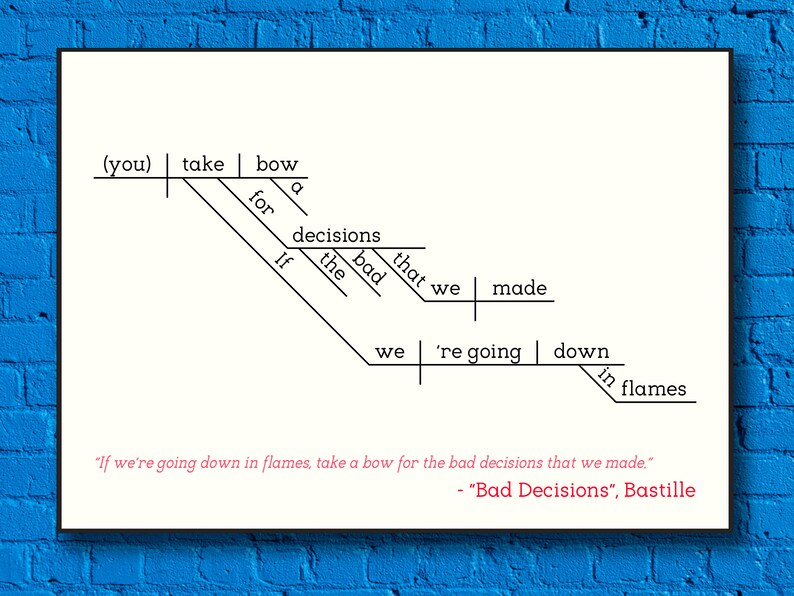No bad sentences
E. B. White wrote some terrible sentences. So did Malcolm Gladwell. But you never got to read them. They didn’t publish bad sentences (or least, not very many.)
Want better sentences? Prepare, then write, then edit.
Prepare
Don’t start writing by writing. Writing without preparation is like trying to pave a road without smoothing out the roadbed first. No preparation equals poor results.
Preparation starts with research. Then create a fat outline that organizes your ideas and content into a storyline.
Now you’re prepared to write. Your preparations clear all the obstacles and holes out of your way. Nothing is left to do but assemble words.
Write
Reserve a place and time free of distractions. Start with your fat outline. And write.
Writing with proper preparation and no distractions can allow you to enter a flow state. The words flow naturally from your brain to your fingertips and effortlessly fill the screen. You are not so much writing as weaving. It’s as smooth as laying down a new layer of asphalt.
When you write in flow, the resulting prose flows as well. Your flow state translates into the reader’s ease as they motor through what you wrote.
Of course, no flow state is perfect. You will write some great passages. But you will write some clunky sentences. They will create potholes for the reader.
Edit
The problem is not whether you create bad sentences. It is whether you fix them.
Start by self-editing. Reread what you wrote, a day later if possible. Find what doesn’t work and fix it.
Then, if you can, get an outside reader, preferably an editor. They’ll tell you where you’ve written clunkers and suggest how to repair them.
Three stages mean no bad sentences
Great writers write bad sentences. They just don’t publish them.
Prepare, then write, then edit. Whether you’re a great writer or not, that’s how to make your writing better. And you can achieve one goal all professional writers share: no bad sentences.

To help people write better, encourage them to pay more attention to their writing process. Here’s a great guide. #writing
Slightly disagree. If your mind is spitting out content, then you can sit down and write it out in real digital form prior to review/editing. If your mind isn’t spitting or splitting, then keep going. No outline necessary unless it’s a book.